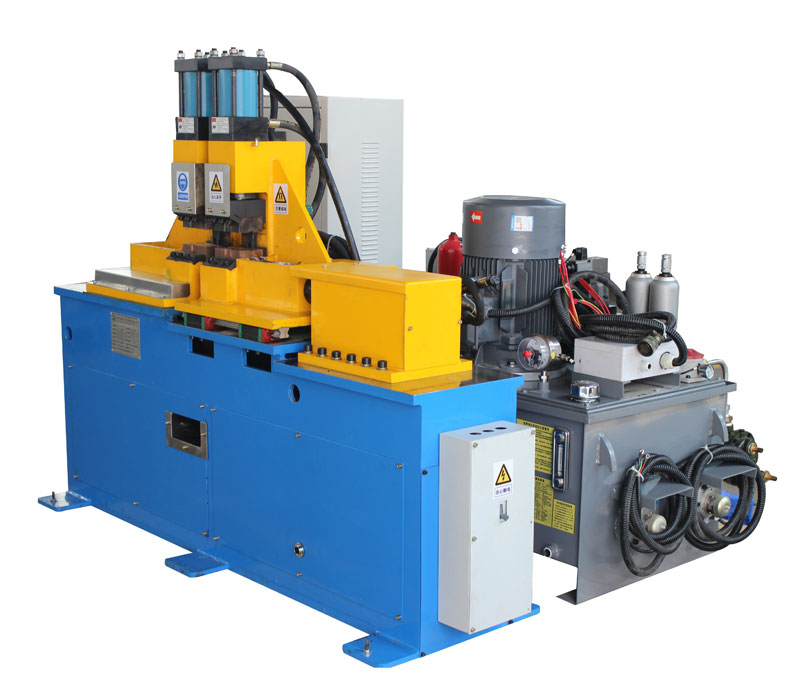Application Processes of Butt Welding Machines?
Butt welding machines are versatile tools with diverse applications across several industries. They facilitate the joining of metals through a precise welding process, ensuring strong and reliable connections. This article provides an overview of the application processes of butt welding machines, highlighting their significance in various industrial operations.
Application Processes of Butt Welding Machines: Butt welding machines are employed in a range of application processes, each tailored to specific requirements and industries:
- Pipeline Welding:
- Process: Butt welding is extensively used in the construction of pipelines for transporting liquids and gases.
- Application: It ensures leak-proof and durable connections, crucial for maintaining the integrity of the pipeline.
- Aerospace Manufacturing:
- Process: In aerospace, butt welding is employed to join structural components with precision.
- Application: It contributes to the lightweight design of aircraft, enhancing fuel efficiency and performance.
- Automotive Fabrication:
- Process: Butt welding is used in automotive manufacturing to create exhaust systems, frames, and body panels.
- Application: It ensures the structural integrity and safety of vehicles.
- Shipbuilding:
- Process: Shipbuilders use butt welding machines to join various metal components of vessels.
- Application: It results in watertight and robust connections, crucial for the safety and longevity of ships.
- Metal Fabrication:
- Process: In metal fabrication, butt welding is employed to create precision-welded structures.
- Application: It enables the production of custom metal components for various industries, including construction and machinery manufacturing.
- Repair and Maintenance:
- Process: Butt welding machines are utilized for repair and maintenance tasks, such as fixing metal structures or pipelines.
- Application: They help restore the integrity of existing structures, extending their service life.
- Construction:
- Process: Butt welding plays a role in construction projects, such as building frameworks and infrastructure.
- Application: It ensures the durability and strength of welded connections in construction applications.
- Material Fabrication:
- Process: Butt welding machines are used to create custom materials with specific properties.
- Application: This process is valuable for industries requiring tailored materials with unique characteristics.
- Custom Manufacturing:
- Process: Butt welding is applied in custom manufacturing where specialized components are required.
- Application: It allows for the production of one-of-a-kind parts and products to meet specific industrial needs.
In conclusion, butt welding machines are versatile tools with a wide range of application processes in various industries. Their ability to create precise and strong welds makes them indispensable for tasks such as pipeline construction, aerospace manufacturing, automotive fabrication, shipbuilding, metal fabrication, repair and maintenance, construction, material fabrication, and custom manufacturing. These machines contribute to the creation of reliable and durable structures, components, and products across the industrial landscape, underscoring their significance in modern manufacturing and construction processes.
